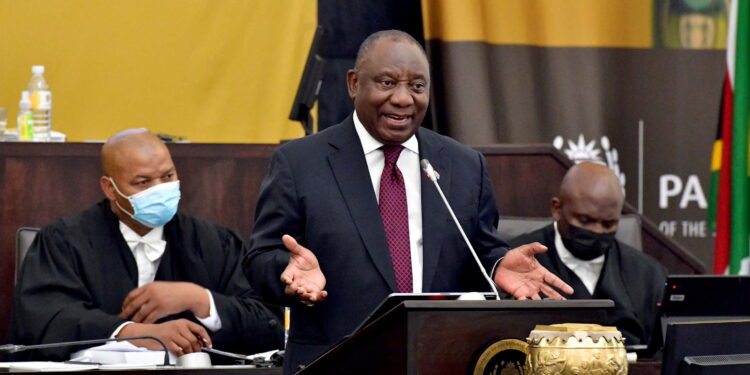The South African government has revoked the national state of disaster Wednesday, declared in February to manage the crippling power crisis. Government officials announced they will be working to reduce the impact of power cuts using existing legislation.
Read More: Bridging the Gender Digital Divide in South Africa
The country’s ongoing energy crisis has crippled multiple sectors including telecommunications services which are struggling to keep phone networks up and running.
“Our costs have gone through the rood,” lamented Sitho Mdalose, Vodacom’s South Africa managing director.
Operators such as MTN, Telkom and Vodacom are spending millions to install solar panels, batteries, and trialing wind turbines in an effort to sustain network stability as Africa’s most advanced economy is forced to live in the dark for up to ten hours a day.
The countless power outages have cost number two operator MTN nearly 640 million rand (36 million dollars) in service revenue in the past year, forcing it to downgrade its medium-term margin target.
Telkom has incured over 150 million rand in additional costs in the last quarter of 2022 alone.
While most network towers in South Africa are equipped with a backup battery, more advanced systems are less common. MTN has 12,900 towers in Sotuh Africa but approximately 3000 diesel generators and solar panels at a few pilot sites.
Read More: Mozambique, Cyclone Freddy Triggers Worst Cholera Outbreak in Decades
As they battle to mitigate the worsening power crisis, telecommunications companies have had to divert capital away from much needed network upgrades and 5G rollouts. Government regulations are also blocking potential solutions such as sharing backup power infrastructure with their competitors.
The power crisis and logistical constraints are expected to erase 2 percentage points from economic growth this year according to African Reserve Bank governor.









